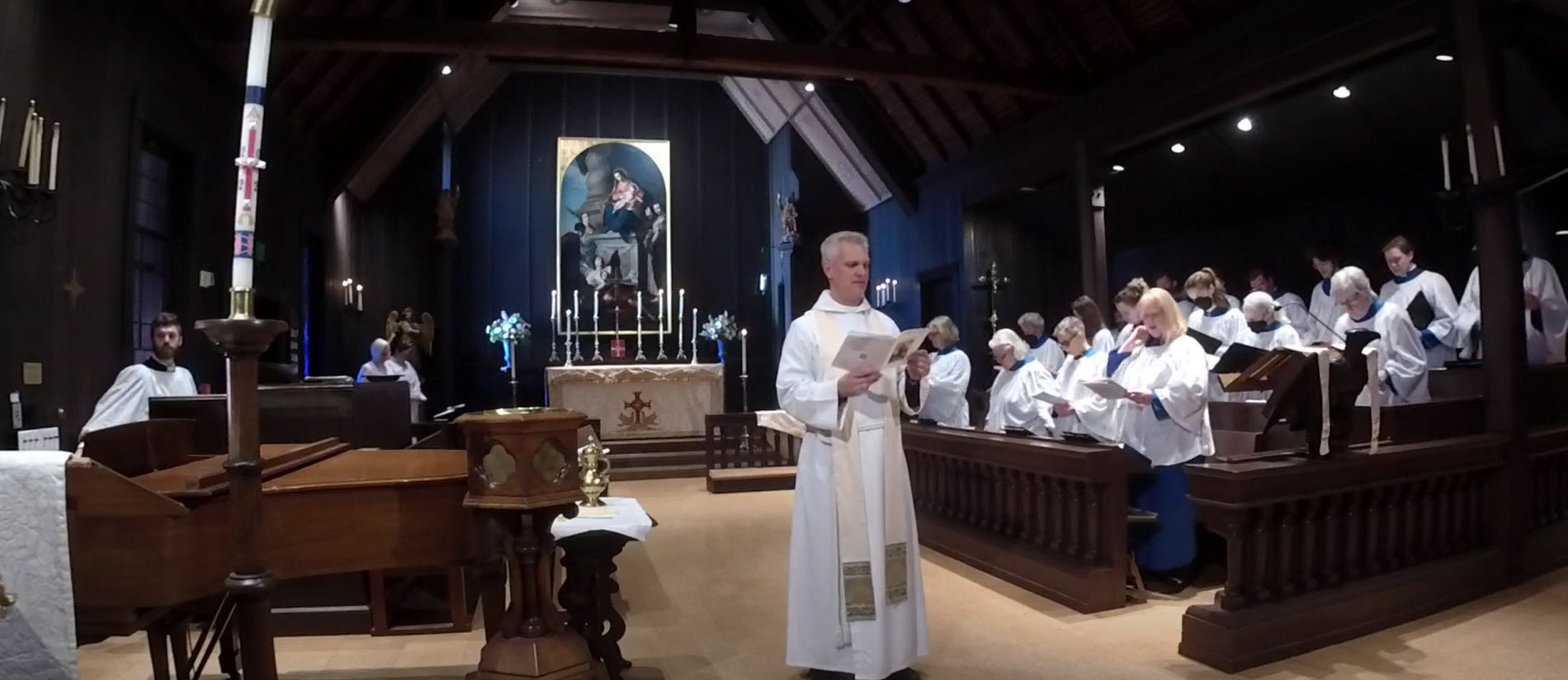Weekly Reflection - 5/10/2023

St. Mary's Reflection: The Rev. Kira Austin-Young - Mother’s Day
This approaching Sunday, May 14th, is not only the Sixth Sunday of Easter but also Mother’s Day. Different churches take varying approaches to observing Mother’s Day, knowing that, in many parts of the country, their pews will be full of dutiful children who attend services with their mother before taking her out to lunch. In fact, according to the National Restaurant Association, Mother’s Day is the top day for eating out, even higher than Valentine’s Day! In my experience of the Episcopal Church, observations range widely. One rector I worked with sternly said, “Mother’s Day is NOT on the church calendar” and nary a mention of the holiday was found, while another church passed out roses to all of the women of the church.
Even the history of Mother’s Day shows its complicated nature. In the United States, the origins of the day date back to the 19th century and a variety of causes that galvanized mothers, including temperance, promoting reconciliation in the wake of the Civil War, and uniting mothers for world peace. The official holiday arose in the early 1900s, promoted by Anna Jarvis (who ironically remained unmarried and without children her whole life), as a way of honoring mothers for the sacrifices they made for their children. After President Woodrow Wilson officially established Mother’s Day as an official holiday in 1914, florists, card companies, and other merchants capitalized on it, and Ms. Jarvis eventually disowned the holiday and even fought to have it removed from the calendar.
Though traditionally, the first person of the Trinity is referred to as “Father,” in multiple places throughout the Bible, God identifies Godself with a mother. One image that appears in both Old and New Testaments is that of a mother bird sheltering her children beneath her wings. Lest we be too sentimental, Hosea uses the image of the protective wrath of a mother bear who has been robbed of her cubs. The prophet Isaiah in particular relies heavily on images of childbirth and nursing to tell the people of Israel about God’s care and attachment to them.
Saint Julian of Norwich, whose feast day is May 8th, was a 14th-century writer and mystic who referred to “Mother Jesus.” As a mother feeds her child from her own flesh, so too does Jesus feed us from his own body in the Eucharist, the precious food of true life. One translation of her writings reads, “This fair lovely word 'mother' is so sweet and so kind in itself that it cannot truly be said of anyone or to anyone except of [Jesus] and to him who is the true Mother of life and of all things.”
As we approach this Sunday of celebration and recognition of our earthly mothers, we also remember that God cares for us as a mother and hears our prayers in a way that is deep, loving, and real.
The Rev. Kira Austin-Young
